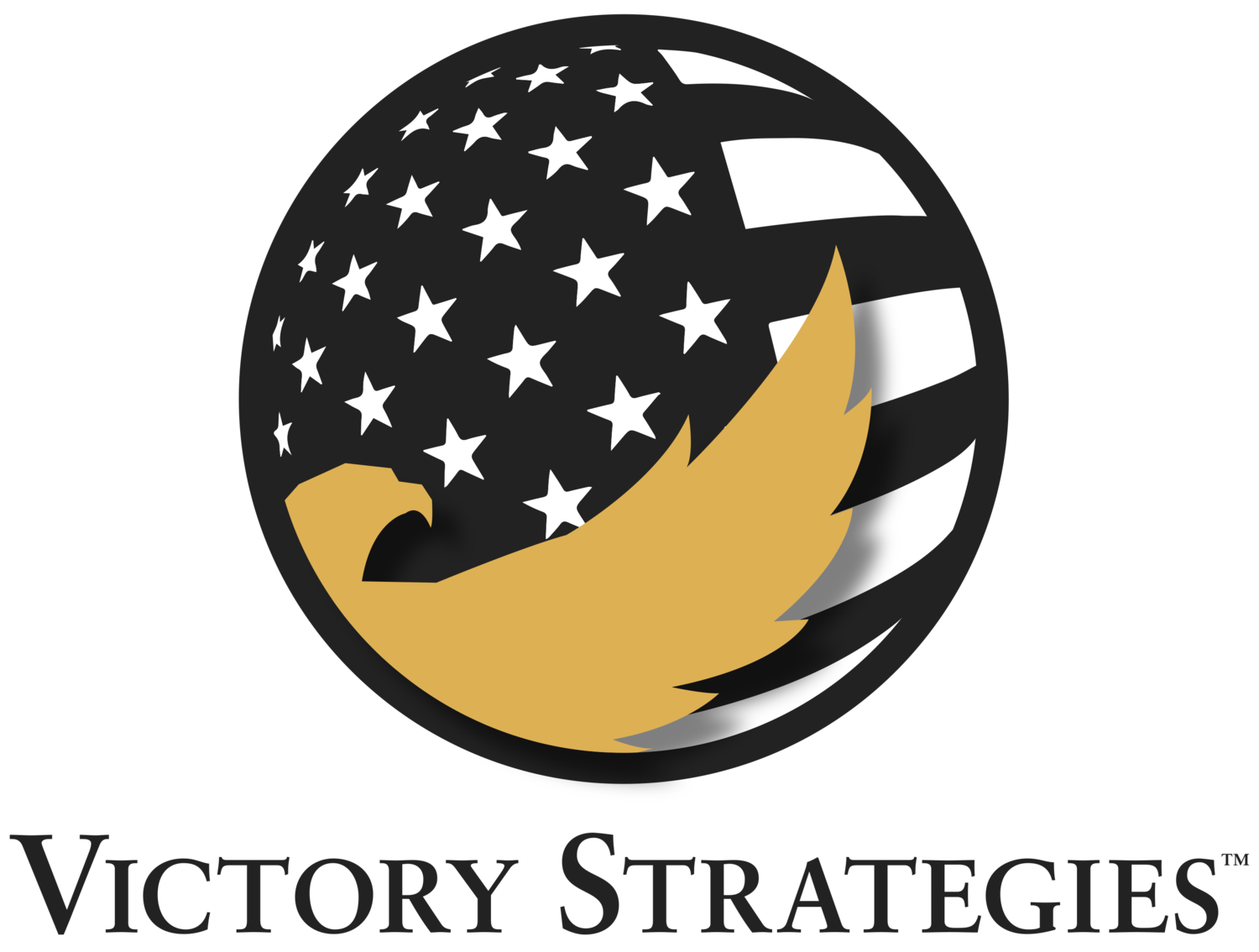The number of eye-catching articles touting the transformational capabilities of Artificial Intelligence (AI) seems endless. From improved diagnostic interpretation of MRIs and CT scans to scam phone calls made in a person’s natural voice, the use – and potential misuse – of AI seems almost limitless. So, what, you may ask, does that mean for the future of leadership?
U.S. President Dwight Eisenhower once observed ‘leadership is the art of getting someone else to do something you want done because he (or she) wants to do it’. Note that he didn’t mention science.
As we experience AI through portals such as ChatGPT, we can readily recognize the potential power to better inform the decisions made by leaders. Though, however helpful analytically, I firmly believe it innately lacks the essence of excellent leadership at its peak – humanity.
In my journey, great leaders understand that leadership is principally centered in people and relationships. These leaders absolutely excel in first connecting on a personal level. They want to know you, who you are, what you stand for and what is most important to you. Their leadership is built on a cornerstone of trust and a sincere caring about their fellow team members.
Remember the wisdom of Theodore Roosevelt who said, “people don’t care how much you know until they know how much you care.” The great leaders in our own lives, those that have left an indelible impression on us and our leadership, embody this. Let me tell you about one of those leaders who inspired me in that way. Let’s call him John.
John was outgoing, smart, and charismatic, a larger-than-life leader. But to stop there would be to sell him short. John was authentically interested and sincerely cared about those on his team. He would talk to each of us in his team, one on one, to get to know us better. He asked questions about our careers, our backgrounds, our families and what we enjoyed doing in our free time. It wasn’t an interrogation; he offered his background freely in turn. It was simply his way of getting to know someone, a sign of respect and appreciation.
So, what does this have to do with John’s excellence in leadership? Well, John knew that the highest form of leadership, the apex of the art, was inspiration. He inspired us by knowing each of us individually and uniquely, and in doing so appealed directly to our inner character. Through our discussions, he knew what mattered to us most. And he leveraged that to bring out our best.
Every conversation with John was around this connection as people he knew and cared about. Each check-in call began something like this:
“Jeffrey, how’re you doing? Hanging in there OK? How’s the family doing?”
Regardless of the importance or priority, the message was always directed to me personally and tailored to me uniquely. Mutual love of family and sports were many times the connections for John and me. And John always called me by my formal first name, the only one whom ever did, to add to the uniqueness.
Before we ever got to the business reason John called, we first connected as people. The humanity of inspirational leadership was being modeled for me, each time, every time. John’s approach inspired me to excel, as a team member, as a leader and as a person. I never wanted to let John down – ever. I would work tirelessly and eagerly, to achieve.
So, back to our question at hand. Will AI somehow, someday produce such allegiance and influence?
I’m skeptical. Perhaps it’s lingering memories of the film 2001: A Space Odyssey and the voice of HAL saying, “I’m sorry Dave, I’m afraid I can’t do that”.
I guess only time will truly tell. Until then, I’m betting on the humanity of leadership excellence. And doing my best to show others what John showed me.
Authored By: Jeff Boyer, Managing Director

